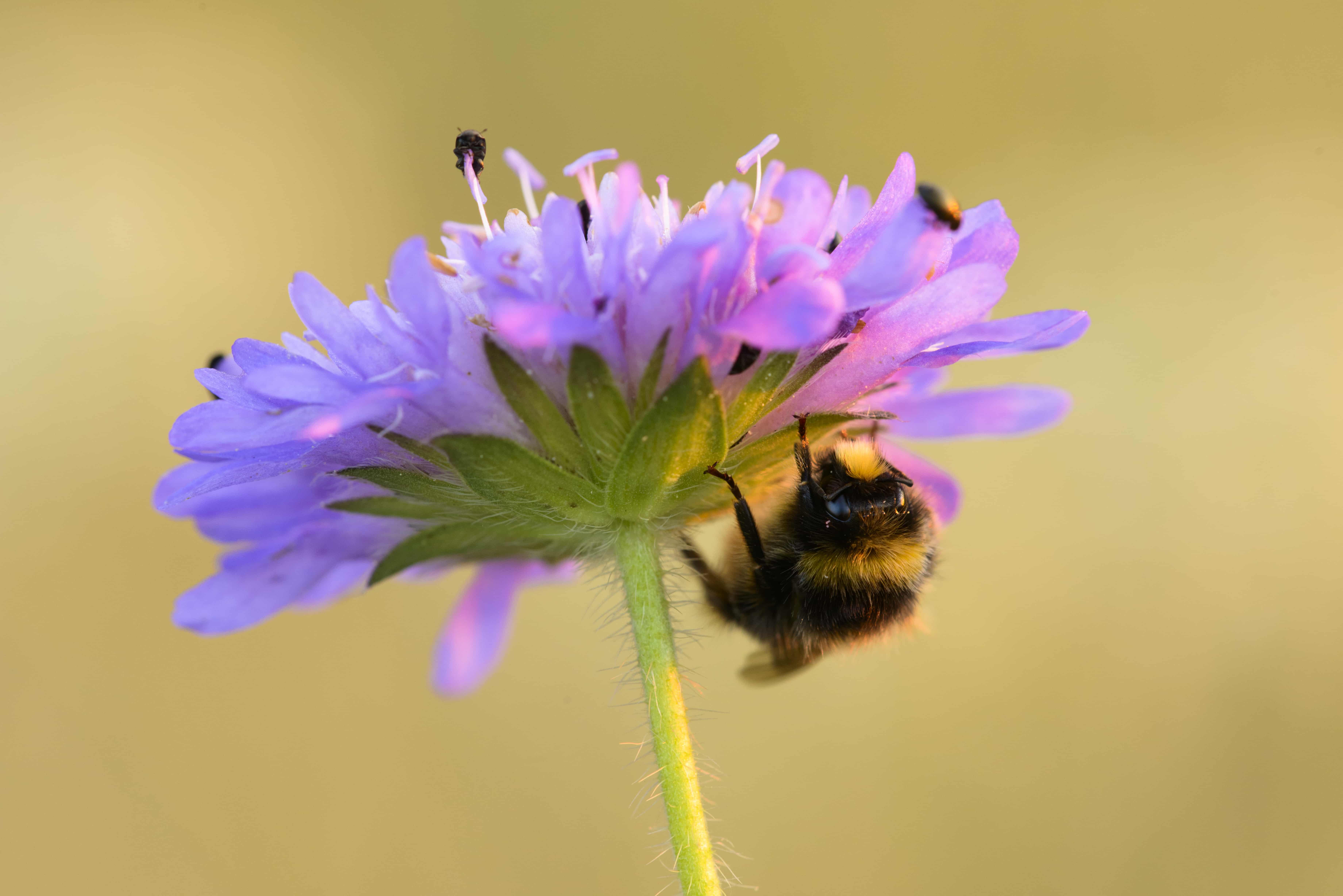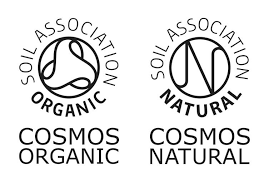
- Soil Association
- Take action
- Organic living
- Organic beauty & wellbeing
- What does organic beauty mean?
- Organic vs natural beauty

Organic vs natural beauty
Organic vs natural. What’s the difference?
What does natural mean?
Natural refers to what is contained in the product. Natural products should come from natural sources, like plants, minerals and flowers.
What does organic mean?
Organic refers to how the product and its ingredients are farmed. Organic farming works with nature. It benefits soils, ecosystems, animals and people. This means growing without artificial fertilisers and using fewer pesticides.

Greenwashing, and a lack of regulation in the cosmetics industry
In the beauty and wellbeing industry, neither ‘natural’ nor ‘organic’ are protected terms. Organic food and drink products must, by law, contain at least 95 percent certified organic ingredients. This isn't the case with cosmetics and wellbeing products.
The lack of regulation means that terms like green, natural and organic can be used on almost any product. For example, you can label a product as 'natural’ even if only 1 percent of its ingredients come from natural sources.
Greenwashing is something that we have been campaigning to change.
Choose certified products you can trust
Independent certification exists for both organic and natural wellbeing products. Certification bodies like Soil Association Certification ensures a product meets strict standards.
The Soil Association is a founding member of COSMOS. This is the independent organic and natural beauty standard.

The COSMOS organic logo means that a product contains at least 95 percent organic ingredients.
COSMOS certification also applies to natural products. These products don't have to contain any organic ingredients. But, in practice, many do. Natural certification exists mainly for products like toners, bath salts and face masks. These are often made with ingredients (such as clay, salt and water), which can't be certified as organic.
Under COSMOS natural certification standards:
- No endangered plant species can be used
- No GM (genetically modified) ingredients
- Any palm oil must come from a certified sustainable source.
- Any non-natural ingredients needed to keep the product fresh must meet strict standards
-
Learn more about what certified organic beauty means
Find out more

